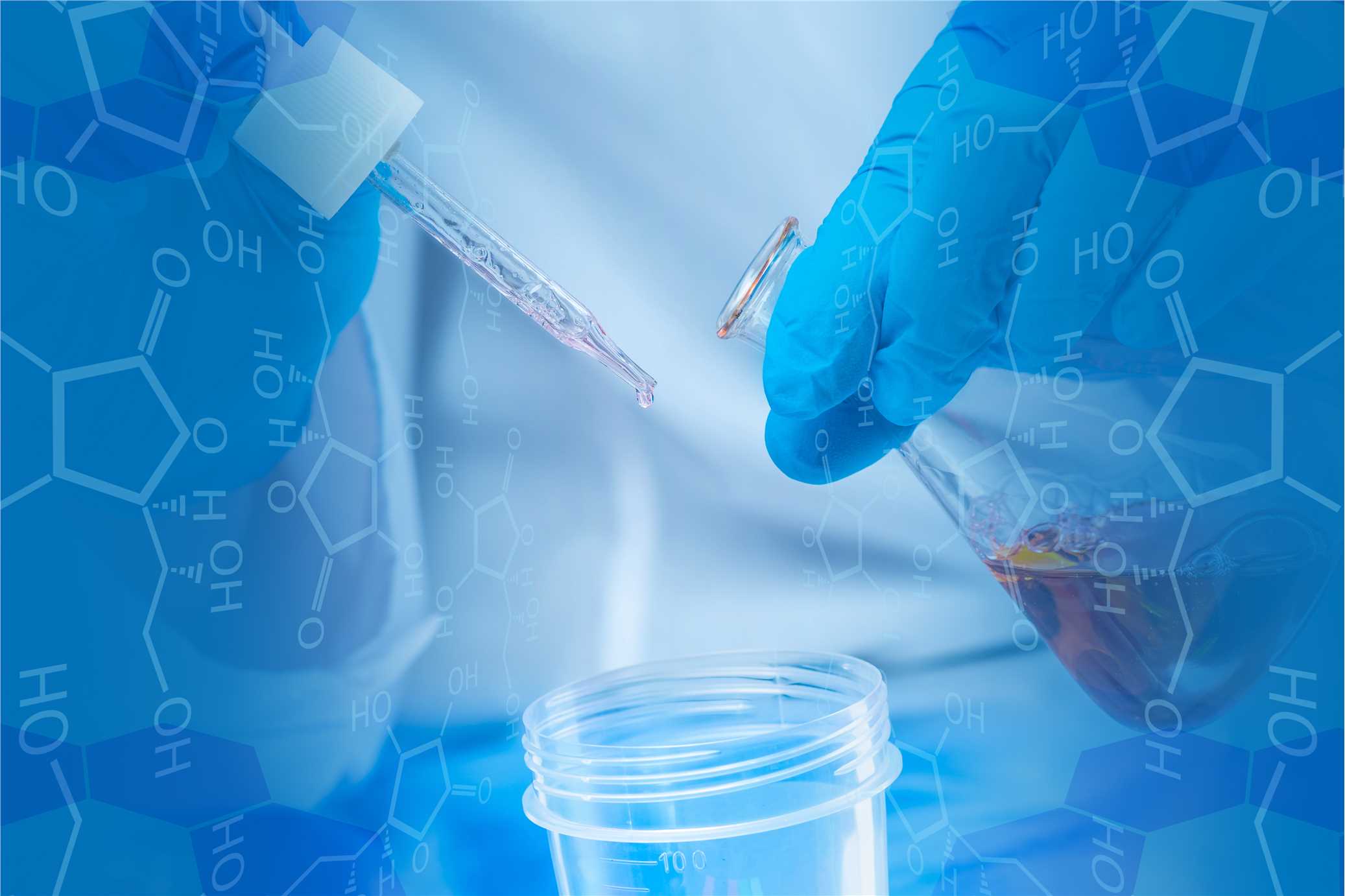
EnzymoGenius™, our advanced enzyme AI design platform, offers a wide array of innovative services that revolve around DEB (designed enzymatic biomaterials) technology. These services cater to the ever-growing need for sustainable biomaterial solutions and encompass the design, development, and implementation of cutting-edge enzyme-based biomaterials.
Background
Designed enzymatic biomaterials (DEB) have emerged as a promising field in biomaterials science and engineering. DEB refers to the creation and development of tailored biomaterials using enzymes as key building blocks. Enzymes, with their remarkable catalytic properties, offer unique advantages for the design and fabrication of biomaterials with enhanced functionality and specificity. DEB aims to harness the power of enzymes by incorporating them into matrices or scaffolds, allowing for controlled enzymatic reactions within a predefined system. These biomaterials can mimic the complexity and functionality of natural tissues, enabling various applications in tissue engineering, drug delivery, biosensing, and diagnostics.
 Fig 1. Introduction of enzyme-responsivity in biomaterials. (Brouns J E, et al., 2020)
Fig 1. Introduction of enzyme-responsivity in biomaterials. (Brouns J E, et al., 2020)
The design of DEB involves the selection of suitable enzymes, understanding their mechanisms, and integrating them into biomaterial matrices using innovative strategies. The resulting biomaterials possess tunable properties, such as selectivity, stability, and responsiveness, paving the way for advanced biomedical applications. The field of DEB holds great potential to revolutionize the design and fabrication of biomaterials, contributing to the development of next-generation biomedical devices and therapies that offer enhanced performance and precision.
Materials We Can Synthesize
Materials we can help synthesize through the DEB process include but are not limited to the following:
- Biopolymers: DEB technology enables the development of biodegradable and biocompatible biopolymers for diverse applications.
- Nanostructures: Create intricate nanomaterials for use in drug delivery, electronics, and nanotechnology.
- Composite Materials: Combine natural and synthetic elements to design high-performance composites with applications in aerospace, automotive, and construction.
- Hydrogels: Develop hydrogel materials for tissue engineering, wound care, and controlled drug release.
- Bioactive Surfaces: Engineer functional surfaces for medical implants, diagnostics, and biosensors.
- Biofilms: Study and manipulate biofilm formation for applications in biotechnology, environmental science, and medical research.
Service Process
1. Project Assessment: Initial evaluation of biomaterial design requirements and project objectives.
2. Enzyme Selection: Identify suitable enzymes based on substrate specificity and catalytic activity.
3. Biomaterial Design: Utilize DEB technology to design biomaterials with desired properties and functionalities.
4. Synthesis and Optimization: Develop and optimize the enzymatic processes for efficient biomaterial production.
5. Characterization: Rigorous testing and analysis to ensure biomaterials meet predefined specifications.
Technical Advantages
- Eco-Friendly: DEB technology reduces the environmental impact of biomaterial production by utilizing sustainable enzymatic processes.
- Precision Engineering: Achieve precise control over biomaterial properties, enabling tailored solutions for specific applications.
- Biocompatibility: DEB technology facilitates the development of biocompatible materials crucial in medical and healthcare fields.
- Customization: Tailor biomaterial properties to meet the unique requirements of different industries and applications.
CD Biosynsis is your dedicated partner in the quest for sustainable solutions. Our extensive range of services, including biomaterial design, enzyme engineering, sustainability assessment, bioprocess development, and expert consultation, serves to empower your biomaterial aspirations. Our cutting-edge technologies, such as enzyme engineering, genetic engineering, computational modeling, life cycle analysis, and bioprocess optimization, ensure the highest level of quality and efficiency. For a sustainable biomaterial future, reach out to us today to explore the endless possibilities of DEB technology.
Reference
- Brouns, J. E.; et al. Introduction of enzyme-responsivity in biomaterials to achieve dynamic reciprocity in cell–material interactions. Biomacromolecules. 2020, 22(1): 4-23.


































 Fig 1. Introduction of enzyme-responsivity in biomaterials. (Brouns J E, et al., 2020)
Fig 1. Introduction of enzyme-responsivity in biomaterials. (Brouns J E, et al., 2020)